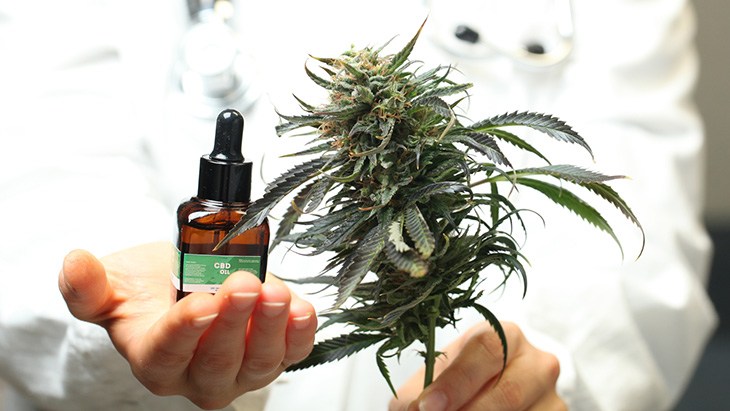 Members of the US House of Representatives are anticipated to hold a floor vote this week on legislation, HR 3797: The Marijuana Research Act, which seeks to facilitate clinical cannabis research by establishing a process so that approved scientists may access flowers and other products manufactured in accordance with state-authorized marijuana programs.
Members of the US House of Representatives are anticipated to hold a floor vote this week on legislation, HR 3797: The Marijuana Research Act, which seeks to facilitate clinical cannabis research by establishing a process so that approved scientists may access flowers and other products manufactured in accordance with state-authorized marijuana programs.
According to reporting compiled by MarijuanaMoment, the bill will be “considered under a procedure known as suspension of the rules, meaning there will be no further amendments and it will require a two-thirds majority to pass. Given the bipartisan nature of the legislation, sponsored by the unlikely duo of pro-legalization Rep. Earl Blumenauer (D-OR) and prohibitionist Rep. Andy Harris (R-MD), it’s expected to get that support.”
Members of the House Energy and Commerce Committee advanced a version of the measure in September.
Under the existing regulatory system, which has been in place for more than five decades, there is only one federally licensed entity — the University of Mississippi — that is permitted to cultivate and to provide marijuana for use in FDA-approved clinical studies. Scientists have consistently criticized the poor quality of the University’s plants, which they say fail to accurately reflect the varieties of marijuana commercially available in the United States. Nonetheless, the current system does not permit scientists to access state-licensed marijuana products as part of an FDA-approved protocol.
“This proposed regulatory change is necessary and long overdue,” NORML Deputy Director Paul Armentano said. “In fact, NORML submitted comments to the US Federal Register in April explicitly calling for this change.”
According to the federal government’s marijuana menu, scientists may currently select from no more than six varieties of pre-rolled cannabis cigarettes – none of which possess THC concentrations above seven percent or CBD concentrations above one percent. Other types of cannabis-infused products, like tinctures and concentrates, are not available for clinical study.
In 2016, the US Drug Enforcement Agency pledged to expand the pool of federally licensed entities permitted to grow cannabis. But, to date, the agency has failed to act on more than 30 applications before them. The Marijuana Research Act would permit an unlimited number of federally licensed entities to participate in this space.
Armentano said: “Legislative action is necessary in this arena because the DEA has proven time and time again that it is not an honest broker in this process. Despite promising over four years ago to expand the pool of federal licensees permitted to provide cannabis for clinical research, the agency has steadfastly refused to do so — leaving scientists with woefully inadequate supplies of cannabis and cannabis products available for human studies. The reality that most high-schoolers have easier access to cannabis than do our nation’s top scientists is the height of absurdity and an indictment of the current system.”
The announcement of the forthcoming floor vote comes on heels of the lower chamber on Friday voting in favor of the Marijuana Opportunity, Reinvestment, and Expungement (MORE) Act, HR 3884, which removes marijuana from the federal Controlled Substances Act — thereby eliminating the existing conflict between state and federal marijuana laws and providing states with the authority to establish their own cannabis laws free from undue federal interference.

